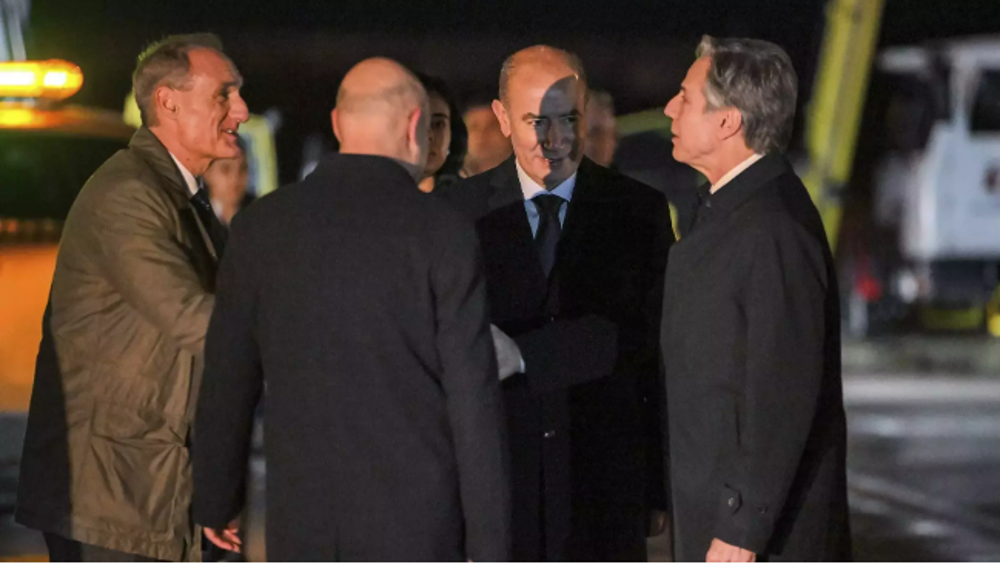Sanders: Winning nomination is ‘difficult; not impossible'
US presidential candidate Bernie Sanders has said he is still fighting to win the Democratic Party’s nomination, though he acknowledged it will be an uphill task.
"It's difficult; it's not impossible," he said in an interview with CBS News on Sunday.
Sanders has been undaunted at the challenge of catching up to frontrunner Hillary Clinton, even though it would require taking two-thirds of delegates in the remaining states.
"Now 65 percent is a pretty heavy climb, but these are states ... that I think we're going to do very, very well in," he said.
The Independent senator from Vermont also said he thinks he can gain support from superdelegates in states where he has attained the majority of the vote.
Sanders also urged voters to keep this in mind that who the stronger candidate to beat Republican presidential front-runner Donald Trump in a general election would be.
"We appeal to not only the overwhelming majority of Democrats," he said. "We appeal to independents as well."
Sanders said he is "absolutely" still fighting to get the nomination. "It's a tough fight," he acknowledged.
During Tuesday's primary contests, Clinton won in Delaware, Connecticut, Maryland and Pennsylvania, while Sanders won Rhode Island.
The Sanders campaign is hopeful that they will perform better in the states to come, which have open primaries. They are mostly finished with the closed primaries, which Sanders said takes away his advantage of appeal among independent voters.
“Four out of the five contests that were just done last Tuesday were closed primaries again,” Bernie’s wife, Jane Sanders, said last week.
“The open primary, Rhode Island, we won. Connecticut, we came very, very close, and if it had been an open primary, we have no doubt we would have won. Pennsylvania, we would have come close or won,” she said.
Many pundits have noted that Sanders can still win even without securing the Democratic Party’s presidential nomination.
By winning as many delegates as possible, he would have more sway at the Democratic National Convention in June and could have more part in shaping the party's agenda.
US presidential nominating conventions are political gatherings held every four years in the United States by most of the political parties to select their nominees for president and vice president.
Iran’s economy grew 2.7% y/y in Sep quarter: CBI
VIDEO | Freelancers in Gaza strive to stay online amid genocide
Mikati demands Israel's withdrawal from south Lebanon
Yemeni army strikes Israeli military sites with drones
‘Clock ticking’: UNRWA slams unjustifiable killing of children in Gaza
BP to be sued in Britain for supplying oil to Israel
VIDEO | Press TV's news headlines
Israeli strikes on north Gaza hospital ‘extremely dangerous, terrifying’: Director










 This makes it easy to access the Press TV website
This makes it easy to access the Press TV website